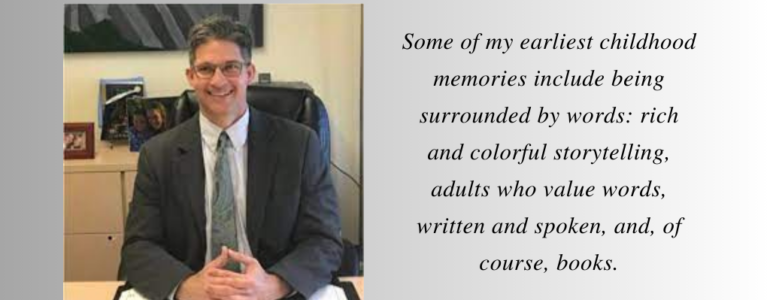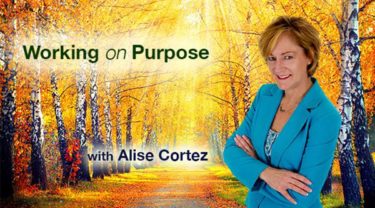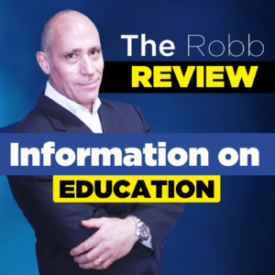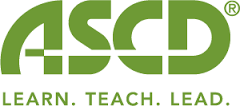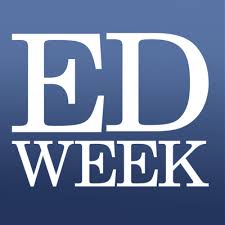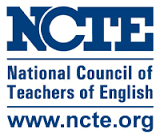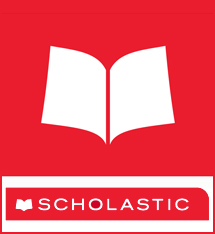By Dennis Schug
Do you ever stop to think about the chapters of your “reading life”?
We’ve all got them. What are the highlights of your chapters?
It’s been a while since I’ve thought about my reading life, let alone written a new chapter. That is, until now.
This season is providing time and space to reflect. It’s giving me confidence to take action.
My Reading Life: Chapter 1
“Today a reader, tomorrow a leader.” – Margaret Fuller
Some of my earliest childhood memories include being surrounded by words: rich and colorful storytelling, adults who value words, written and spoken, and of course, books. I read nightly bedtime stories and taught early and often to borrow books from the public library. At 10 years of age, I’d ride my bicycle to meet the local public library’s summer bookmobile, which uncoincidentally was eventually filled with books from my favorite authors and genres. Working at the public library as a high school student, I read nearly as many books as I was responsible for reshelving. As a teacher, I began to remember our classroom library, which I made sure was stocked with more books than there was bookshelf space to hold them. As a teacher leader, I simultaneously pursued certifications in literacy and school leadership. Decades later, as a parent, I was afforded opportunities to “spoil” my own children with the gifts of words, like I once was. I remained a voracious lifelong reader, especially of certain topics and genres. I knew books made me better for others.
I recognize how fortunate I am to have grown up like this and to have circumstances that have helped me sustain an active reading life. This has driven me to be a “reading principal,” discussing books with anyone willing to engage. It’s my responsibility to model being a lifelong reader, create space for others to share, and for students to explore their own reading lives.
My Reading Life: Chapter 2
“The comeback is always stronger than the setback.” – Unknown.
This became a mantra as our school communities courageously faced, navigated, and conquered myriad challenges of global pandemic times. Priorities shifted from “getting lost in a good book” to ensuring students had resources to meet basic human needs. What educators “had to do” replaced what we “got to do.” Like so many, I found myself leading a team focused on others’ health, safety, and wellness. It wasn’t only a top priority; it was the only priority. I was and am fortunate.
The reading life I once knew changed suddenly and drastically. I felt constantly distracted. I had difficulty sustaining attention on any reading materials besides critical information to aid our team’s focus on doing what’s best for students.
In quieter moments, I’d try losing myself in a book but found I just couldn’t. I was not alone. The more I spoke with others, the more this seemed to be a common challenge. We were in survival mode. After a while, we wondered if or when we’d return to more typical times.
Sometimes, we sensed a slow crawl, walk, and occasional run toward the comeback.
We wondered, when was it that we’d return to doing what we “get to do”?
My Reading Life: Chapter 3
“Mood follows action.” – Rich Roll
At the end of another school year (our first with sustained typical routines), I was thrilled to get my hands on a copy of Laura Robb’s latest book, Increase Reading Volume: Practical Strategies That Boost Students’ Achievement and Passion for Reading. While it was among an ambitious stack of books I’d set out to read, it quickly rose to the top of the stack, becoming the literacy masterclass I didn’t know I needed.
In one of the first sections that resonated with me as a lifelong reader, Robb emphasized the importance of “keeping in touch with your reading life.”
She explains, “A personal reading life enables you to experience the power of visualizing as a path to understanding, the need to talk to someone about a book resonating with you, and that sometimes, reading can be challenging work. Your enthusiasm for and engagement in reading can rub off on students as they choose books they want to and can read, ensuring they will be engaged” (Robb, 2022).
These are precisely the words I needed to reignite my purpose for reading.
My next steps became clear.
My Reading Life: Chapter 4
“Every action you take is a vote for the type of person you wish to become.”
– James Clear
First, I listed books I’d been meaning to read, reread, or give as gifts. I visited the public library, collected gift cards I’d received to make purchases, and splurged a bit at bookstores. I made an agreement with myself to read every day – a certain number of pages or a certain number of minutes, whichever came first. I’d use two bookmarks, one marking my starting point and the other my ending point for each reading period. I’d keep a calendar, making an X each time I read. Most days, I met my goal. Some days. I didn’t. But I never felt the shame of failure, only the opportunity to try again the next day. Instead, I said to myself I’d never miss two days in a row, marking off two days’ worth of reading, often meeting or exceeding that goal. I positioned books wherever they’d be most accessible. Seeing a book next to my workout clothes, the coffee pot, or my car passenger seat were all regular reminders of my commitment to daily reading.
To date, I’ve read more words, pages, and chapters than I have in many seasons. I’m finding each book I read is often replaced by two on my “to read” list. There’s a good chance I’ll never finish my entire stack. This renewed habit gives me the confidence to talk with others about exploring the next chapters of their reading lives. Books are making me better. Books make us better.
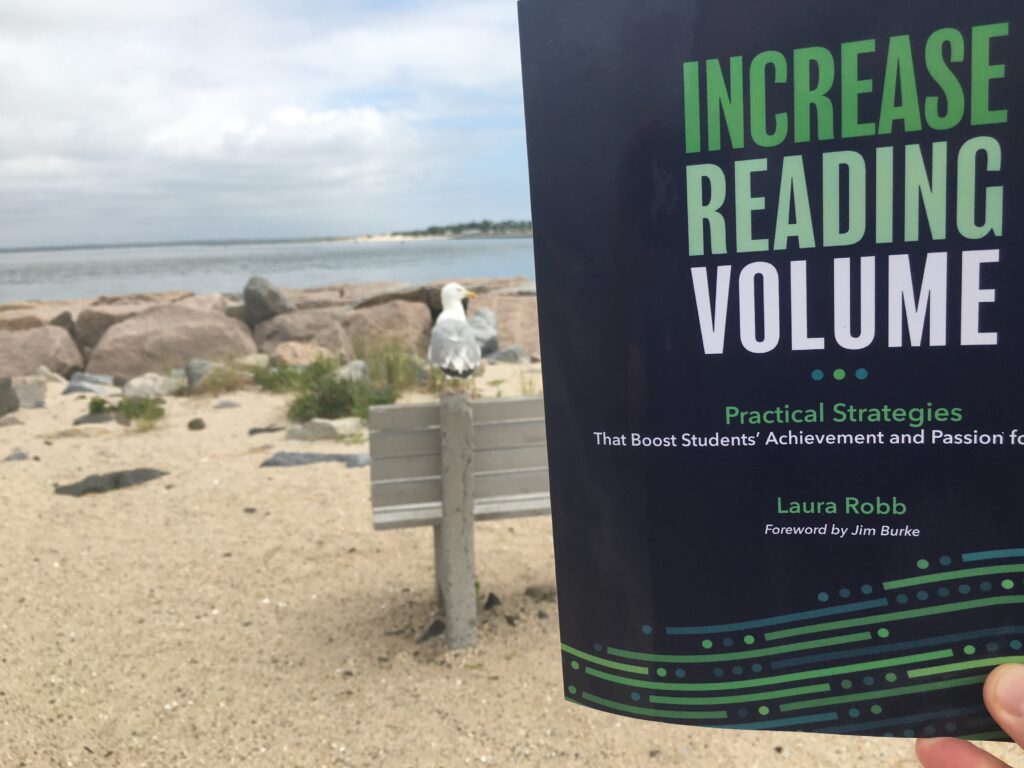
![]()

